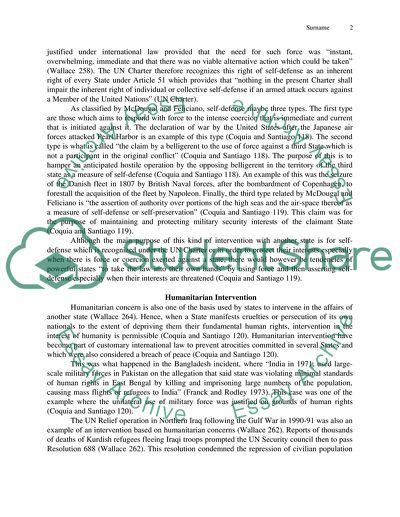Cite this document
(“State Sovereignty and Lawful Intervention Essay”, n.d.)
State Sovereignty and Lawful Intervention Essay. Retrieved from https://studentshare.org/law/1540293-violating-a-states-sovereignty
State Sovereignty and Lawful Intervention Essay. Retrieved from https://studentshare.org/law/1540293-violating-a-states-sovereignty
(State Sovereignty and Lawful Intervention Essay)
State Sovereignty and Lawful Intervention Essay. https://studentshare.org/law/1540293-violating-a-states-sovereignty.
State Sovereignty and Lawful Intervention Essay. https://studentshare.org/law/1540293-violating-a-states-sovereignty.
“State Sovereignty and Lawful Intervention Essay”, n.d. https://studentshare.org/law/1540293-violating-a-states-sovereignty.


